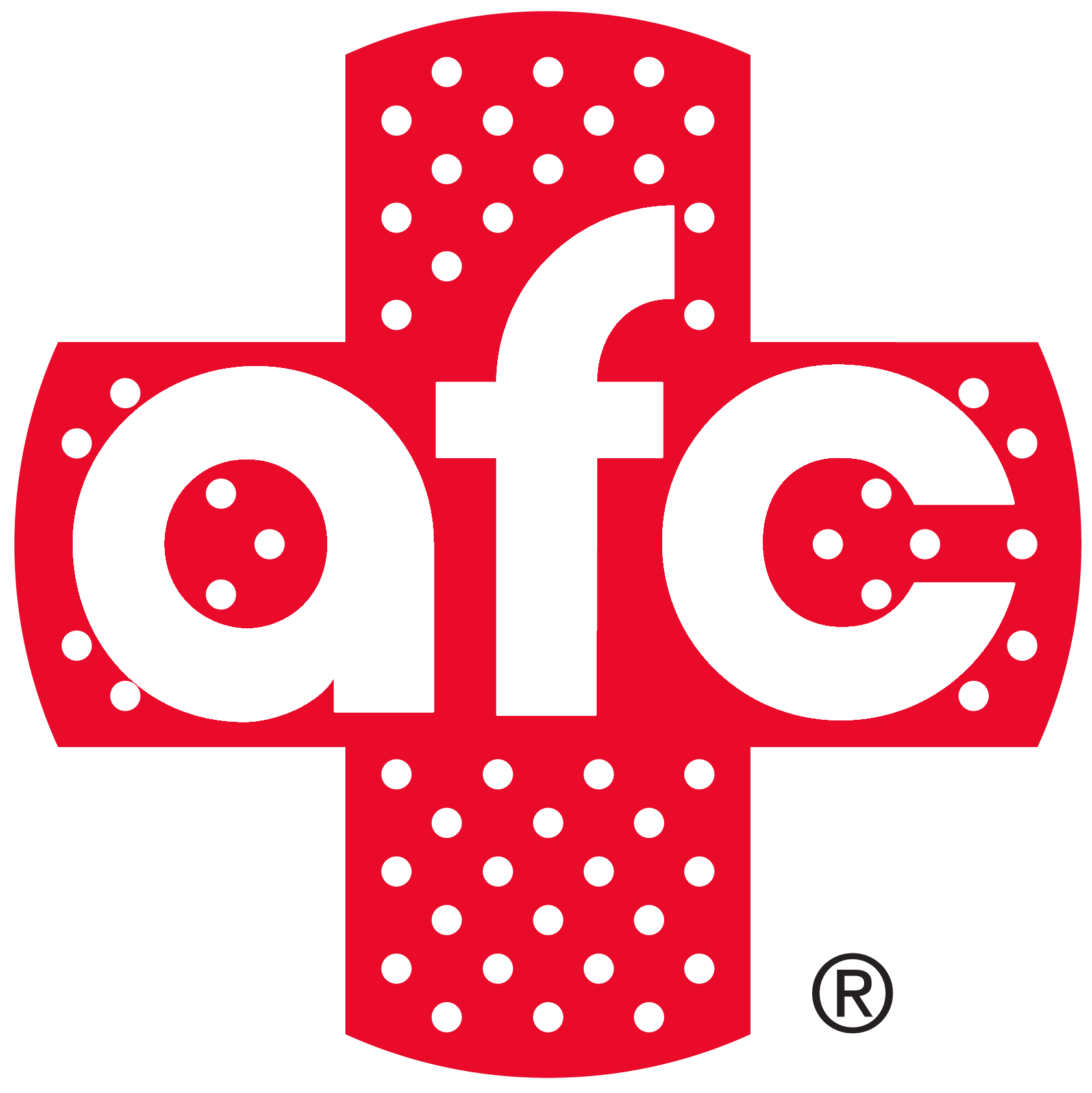AFC Dunedin
Heat Stroke Treatment
CALL US TODAY | (727) 275-9120
Find The Location Nearest Covid-19 Testing
We think you’re located in zip code 34698. Not Right?
Heat Stroke Treatment Questions and Answers
Heat Stroke can be severe and dangerous and is very common during the hot summer months. Taking precautionary methods to ensure heat stroke doesn’t occur can help. If you do have signs or symptoms of heat stroke, please visit our urgent care today! We are located at 1440 Main St. Dunedin, FL 34698.
Whether you are at the beach, going for a hike, or working outside, it is important to be mindful of the heat! When the weather is hot, heat stroke can happen at anytime, especially when necessary precautions are note adhered to. With that being said, if you experience heat stroke, heat exhaustion, or another heat-related injury, our medical professionals at AFC Urgent Care are here for you!
What causes heat stroke?
Heat stroke occurs when your body overheats due to prolonged exposure or strenuous activity within a hot environment. Some factors that increase a person’s risk of experiencing heat stroke include wearing too much clothing, alcohol consumption, or not drinking enough water while spending time outside on a hot day. While working outdoors, exercising, or taking part in an athletic activity are also risk factors for experiencing heat stroke, it is important to note that heat stroke can also occur without being physically active.
Other risk factors of heat stroke include the following:
- Chronic illnesses, such as lung or heart disease
- Lack of access to air conditioning when indoors
- Adults aged 65 years or older
- Sudden increase or exposure to hot weather, which can occur when flying from a colder region to a hot climate
- Various medications, including some antidepressants, antipsychotics, blood pressure medications, such as vasoconstrictors for low blood pressure, or diuretics
How do you treat heat stroke?
The treatment methods for heat stroke vary according to the severity of the condition. As such, with milder forms of heat stroke, which are comparable to heat exhaustion, treatment typically involves the administration of oral or intravenous (IV) fluids to stave off or treat dehydration. Other treatment options for mild heat stroke or heat exhaustion include removing the patient to a cold room, having the patient lie flat on their back, as well as electrolyte replacement.
Severe heat stroke is considered a life-threatening medical emergency. As such, such cases of heat stroke require emergency room treatment. In cases where symptoms of mild heat stroke or heat exhaustion do not improve within one hour or progress to severe heat stroke, patients are also transported to the emergency room. Emergency room treatment for heat stroke may involve such treatment methods as cooling blankets, evaporation cooling techniques, ice packs, immersion in cold water, or medications to help the patient stop shivering.
What happens to your body during heat stroke?
When your body overheats during heat stroke, reaching an internal temperature of at least 104 degrees Fahrenheit (40 degrees Celsius), several things occur, including slowed blood flow, elevated heart rate, and diminished organ function. One of the critical organ malfunctions with heat stroke is anhidrosis, which is the inability to produce sweat. Consequently, your body is also unable to cool itself down, resulting in a rapid rise in your body’s internal temperature. When your body can no longer produce sweat during heat stroke, it is considered a life-threatening medical emergency.
With that in mind, some symptoms that often occur with heat stroke include the following:
- Abdominal and muscle cramps
- Altered mental state, including agitation, confusion, delirium, irritability, or loss of consciousness
- Clammy, flushed, and pale skin
- Dark-colored urine, which is a hallmark sign of dehydration
- Diarrhea, nausea, or vomiting
- Dizziness or fainting
- Excessive sweating (heat exhaustion) followed by an abrupt stop in perspiration (heat stroke)
- Extreme fatigue
- Rapid, shallow breathing
- Slurred speech
- Throbbing headache
- Weak, racing pulse
What is the difference between heat stroke and sun stroke?
Both heat stroke and sun stroke refer to the same condition. As such, there is no qualitative difference between heat stroke and sun stroke.

 How Can We Help?
How Can We Help?
- PATIENT SERVICES
- COVID-19 SERVICES
- TELECARE
- EMPLOYER RESOURCES
- PATIENT RESOURCES
- ABOUT US
AFC Urgent Care FAQs
-
Why choose AFC for Urgent Care?
With state-of-the-art centers and a professional medical team, AFC provides on-site X-rays, labs, procedures, and more!
-
What's the difference between AFC Urgent Care and emergency room services?
Urgent care is for medical conditions that require prompt attention but do not pose an immediate threat to your health or life. Here is a simple rule of thumb: if your medical issues(s) are life threatening, call 911, or go directly to a hospital emergency room. If not, an urgent care center such as AFC is an excellent alternative.

Don't wait to get the medical attention you need.
CALL US TODAY | (727) 275-9120


